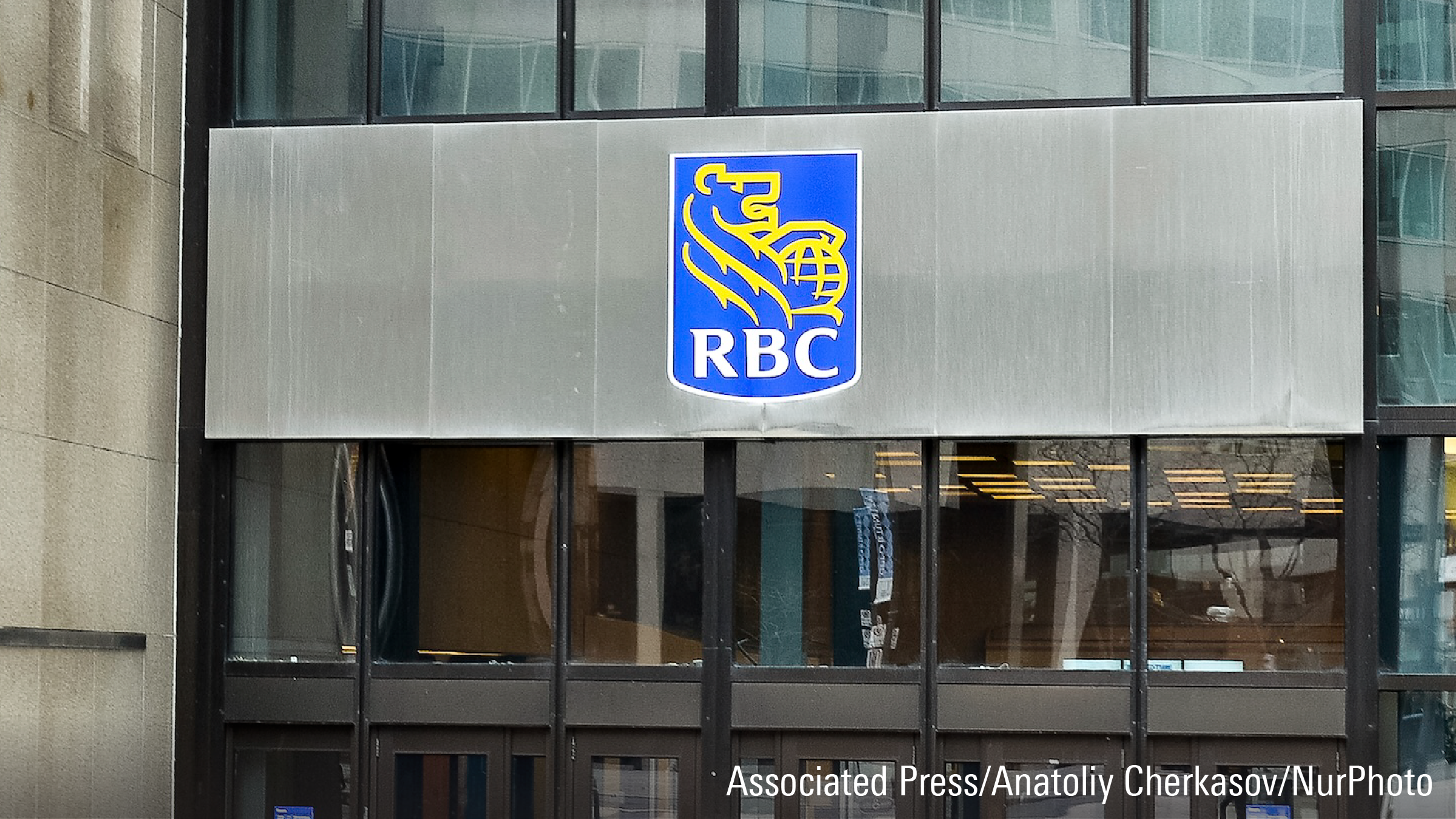
It’s no secret that Canadians tend to invest too heavily in local stocks, so what are the best investments to gain exposure overseas?
The tendency for investors to favour domestic securities over foreign holdings, also known as home country bias, remains a persistent and concerning trend in Canada. In a 2021 study by Vanguard, researchers found that, on average, Canadians maintained a domestic stock allocation 16.7 times larger than Canada’s global market capitalization.
The researchers propose that taking a standard market capitalization approach, investing proportionally according to a country’s relative market size, is often the best strategy to minimize risk. They found that adding more international equity to a portfolio can significantly reduce its total volatility over a period of 10 years. For Canadian investors specifically, the researchers found that converting a 100% domestic equity portfolio into a 30% domestic/70% international portfolio reduced its total volatility by roughly 5.0%.
While the standard market capitalization approach may seem realistic for US investors, whose stock market constitutes roughly 42.5% of the global equity universe, investors in smaller developed countries like Canada are much more likely to suffer from home country bias.
Home Country Bias: Three Risks for Canadians
In a recent interview with Morningstar’s Ruth Saldanha, Bilal Hasanjee, senior investment strategist for Vanguard Investments Canada, explained the three main risks associated with investing too heavily in domestic securities. The first is security concentration, which arises from Canada’s 10 largest stocks by market capitalization constituting nearly 36% of the country’s benchmark index. This relates to what Hasanjee names as the second major risk of home country bias: sector concentration. Canada’s equity market is significantly skewed toward the energy, financial, and industrial sectors. Thus, Canadians who invest primarily in domestic equities are not only exposed to a highly concentrated pool of holdings but those holdings are also limited to only a few sectors.
The third major risk associated with home country bias, according to Hasanjee, is portfolio inefficiency. This refers to a portfolio’s returns being sub-optimal given its specific risk level. A Canadian investor with a disproportionately large allocation to domestic stocks may suffer from an inefficient portfolio if they are exposed to considerable risk yet their investments underperform comparable assets.
The Importance of Global Diversification
The Canadian stock market’s notable underperformance relative to the global market demonstrates the potential for this inefficiency to arise. An investor who held an entirely domestic equity portfolio over the past decade would have received a 105.03% return, given the Morningstar Canada Index’s performance over that period. Meanwhile, an investor with a globally diversified stock portfolio would have watched their assets grow 184.22%, in accordance with the Morningstar Global Markets Index. While both indices are entirely comprised of equities, which assumes a comparable risk level, the internationally diversified investor would have outperformed the domestic investor by 75.40%.
The argument for international stock exposure becomes even stronger as an investor takes a broader perspective of the global equity market. Canada constitutes only 2.7% of the world’s stock market by market capitalization, while the US, the EU, and China each hold more than 10%. Given the tiny pool of securities in Canada compared to other developed and emerging markets, it’s no wonder why our index is lagging behind.
11 Five-Star, Gold-Rated International Funds
For investors hoping to combat their home country bias and beef up their international exposure, we’ve listed below 11 of Morningstar’s highest rated, Canadian-domiciled mutual funds with holdings from around the world. These open-ended funds offer investors instant diversification across global markets. Their holdings include shares of large, mid, and small-cap companies from Asia, Europe, and other emerging and developed markets.
Each of them earns a Gold Medalist Rating, meaning that our manager research team considers them likely to outperform their Morningstar Category index, after fees. According to our researchers, these mutual funds belong to sound parent companies, benefit from responsible fund managers, and follow effective and repeatable investment processes. They also all earn Five Stars, meaning that their historical risk-adjusted returns have consistently beaten most of their peers. Canadian investors with a home country bias may want to consider adding these top-notch investments to their portfolio.






















